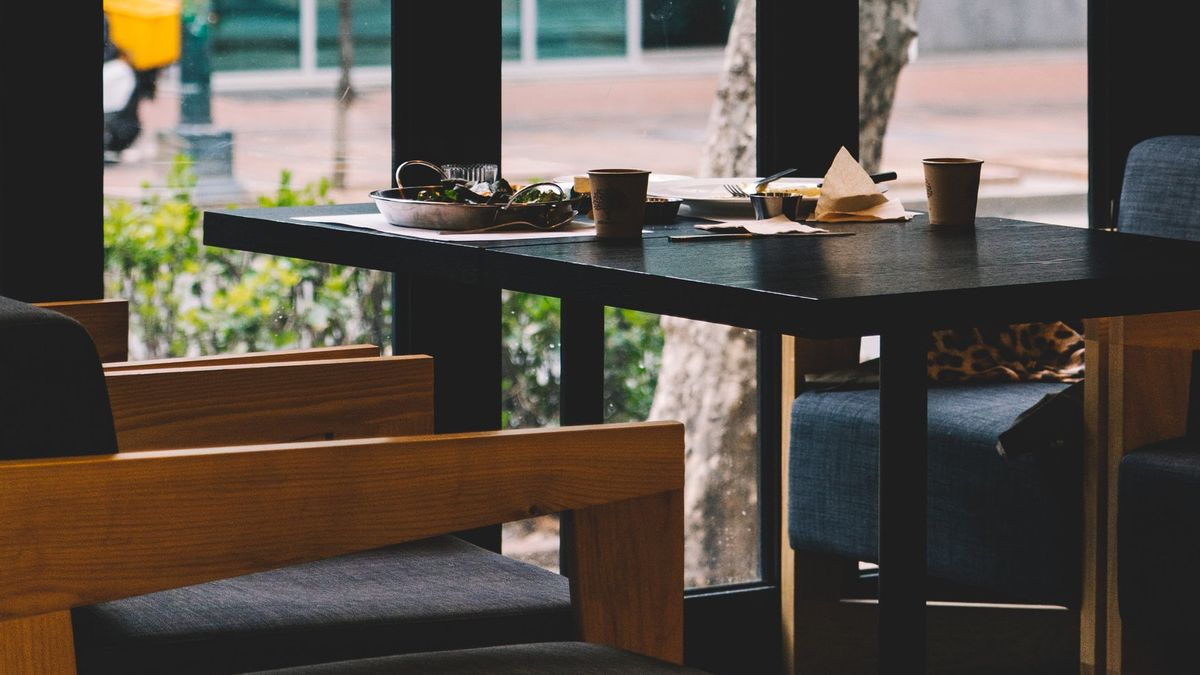JAKARTA - Recently there has been a trend of COVID-19 transmission through the dining table. Transmission occurs when one person eats together even though he or she has previously followed health protocols.
Reflecting on this case, an epidemiologist from Australia's Griffith University, Dicky Budiman asked the COVID-19 Task Force to start considering banning dine-in for restaurants.
Responding to Budiman's suggestion, Deputy Chairman of Indonesian Hotel and Restaurant Association (PHRI) for Restaurants, Emil Arifin, asked him to show data based on studies and surveys stating that restaurants are currently a cluster for the spread of COVID-19.
"First, prove that the cluster (of the spread of COVID-19) occurred in a restaurant or in a mall. Please prove first whether the study exists or not, who did the survey," he said, when contacted by VOI, in Jakarta, Thursday, January 28.
Emil admitted that he had received data that 30 percent of the infection occurred in restaurants and shops. Even so, he said, there must be a distinction between restaurants and food stalls in terms of implementing health protocols.
"The question about shops and restaurants cannot be equated. Some shops apply health protocols. Meanwhile, restaurants, especially in malls, apply health protocols. You can check that the restaurant in the mall has double the health protocol. So there is very little transmission in the restaurant," he said.
According to Emil, even if there is COVID-19 transmission in the restaurant, the first to be exposed is the restaurant employee who is in charge of serving customers. However, he said, until now there has been no transmission of COVID-19 in the restaurant.
"In fact, until now there has not been any. Because we do check some every week, there are two weeks (once) rapid antigen test and all kinds," he said.
Therefore, Emil asked Budiman before suggesting the COVID-19 Task Force, to enforce a restaurant regulation to only take away, it was proven first with accurate data.
"So you should check the data first, not because one person eats (exposed to COVID-19), all (restaurants) are closed," he said.
Earlier, the epidemiologist from Australia's Griffith University, Dicky Budiman asked the COVID-19 Task Force to start considering banning dine-in for restaurants and food courts. This policy is the same as that of the Australian government.
This was conveyed following the trend of COVID-19 transmission through the dining table. Later, many infections occur when one person eats together even though he/she has previously followed health protocols.
It was the same as experienced by Doni Monardo, Head of the Task Force for Handling COVID-19. Some time ago Doni stated that he had contracted the virus after eating together during a visit to the location of a natural disaster.
"In addition to socialization and education, regulations need to be strengthened. For example, you are not allowed to eat together or the setting is regulated. In Australia, for example, when the situation is still serious, there is no such thing as a food court to be opened or a restaurant to sit there," said Dicky when contacted by VOI, Wednesday, January 27.
"So there will be no public place, where people may sit together, can be opened, and when it is violated, there will be sanctions," he added.
The English, Chinese, Japanese, Arabic, and French versions are automatically generated by the AI. So there may still be inaccuracies in translating, please always see Indonesian as our main language. (system supported by DigitalSiber.id)













